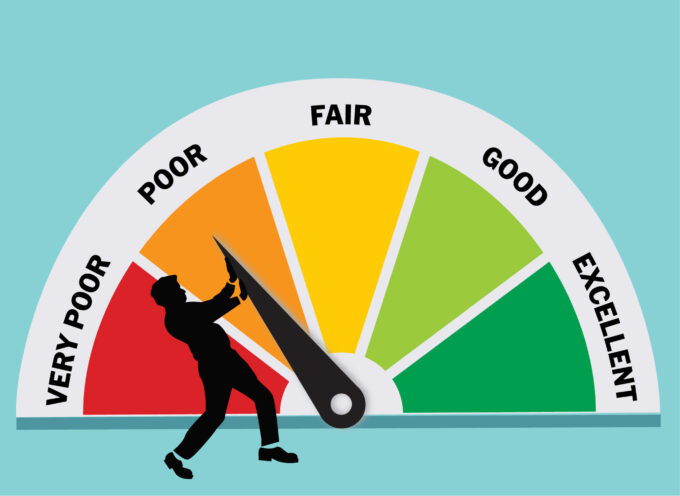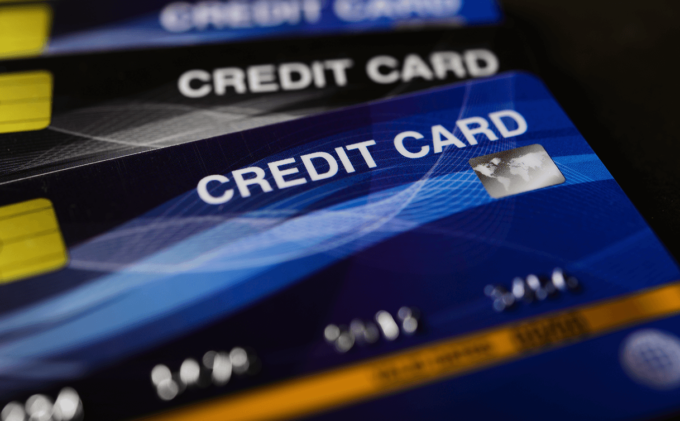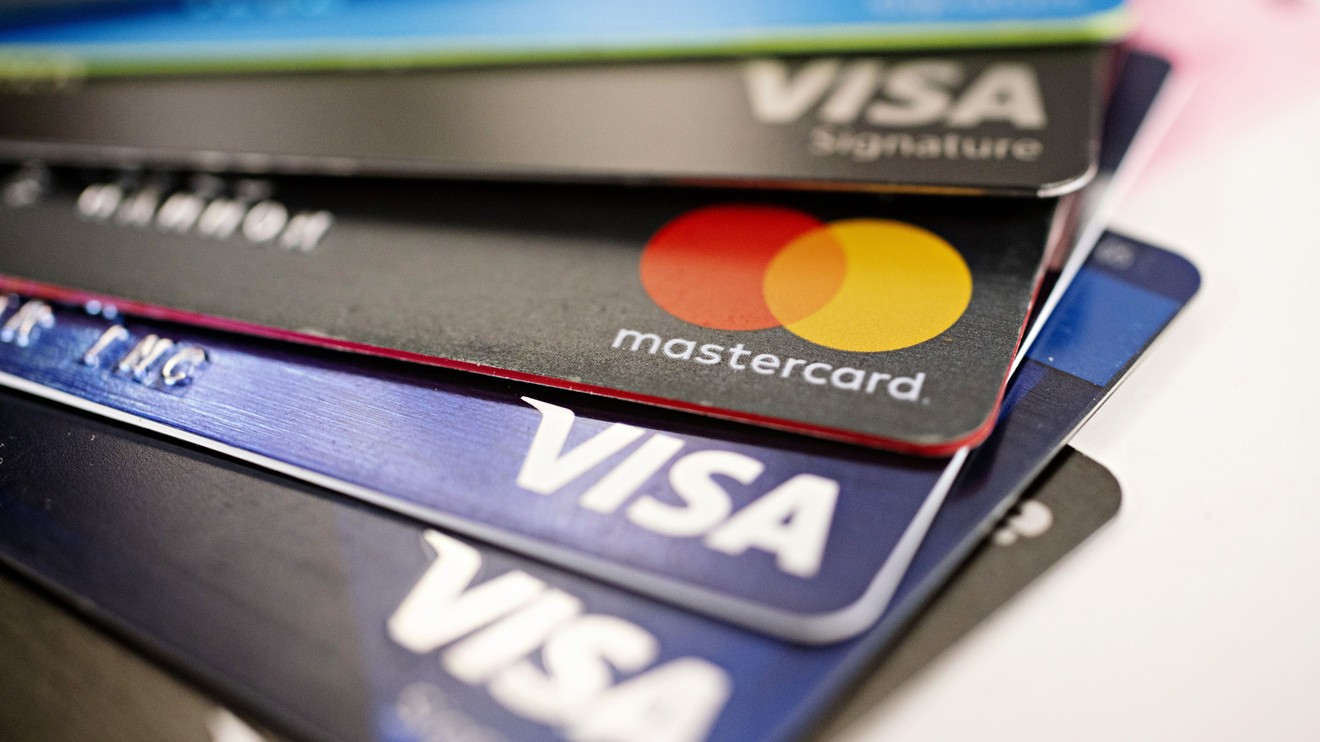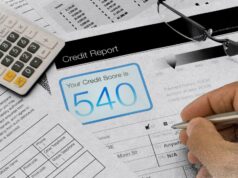So you have bad credit. Yes, it’s bad news. Bad news that you share with at least 12% of the United States population, according to CreditDonkey. Does that mean you’ll never get new credit? No. Truth is, there are several ways to rebuild your credit score, including credit cards for bad credit, learn more about it on caminofinancial.com.
Defaulting on your payments is no fun. It is a very stressful situation and, on top of that, there are agencies dedicated to scoring you and your credit behavior that can go as far as 10 years. But this very same credit bureaus such as Experian, Equifax, TransUnion, and other smaller ones also notice when you are trying to rebuild your credit.
Is that good? Yes, definitely. Because this way, a rehabilitated “bad credit” will be seen by future loaners, and eventually, you’ll have access to bigger and better terms. But it is not all fun and games, you’ll have to work hard for that.
A credit… what?

According to a poll conducted by Lexington Law, 54% of Americans have never checked their credit scores and the reason this happens is that most of them don’t even know what a credit score is.
Since you want to rebuild your credit score, you’ll need to check it more often. Don’t be that forgetful person and take your credit history into your own hands.
First of all, you’ll need to get acquainted with the credit bureau, institutions that rate credit score. There are three major information agencies –Experian, Equifax, and TransUnion–, and smaller ones as well. Their job is to gather all the credit information of every single individual that has a credit line open.
They use your credit statements, housing bills or mortgages, cell phone payment history, and even your energy bill. Yes, this is big data right there. Taking into account how well you pay, how much do you owe, how many credit lines you have, and even the amount of debt you have, they put a score next to your name.
Even though each company has it’s own methodology and your score can vary from one to the other, they have a lot in common. Healthy personal finances and credit bureaus agree that your debt most not go over 30% of your income, and right there is where most people fail.
Adult Grading

If you thought that you were over with grades after your graduation you were wrong. Once you become a credited individual, you’ll appear in every credit bureau and will receive a credit score. These scores are based on a system created around 1950, which is still very popular. You might have heard of FICO (Fair Isaac Corporation).
In this adult grading system you can get these scores:
- Excellent: 800 to 850 points
- Very good: 740 to 799 points
- Good: 670 to 739points
- Fair: 580 to 669 points
- Poor: 300 to 579
You don’t want to go lower than 550. That’s bad. But since bad is what we are here for, follow the next tips to rebuild your credit score.
How to rebuild your credit score
1. Use a credit card for bad credit

There are financial products designed especially for bad credit holders. You’ll mostly find them as credit cards for bad credit, and there are to types: secured credit cards and unsecured credit cards.
The first ones are credit lines that request a deposit to have as a reserve in case the credited doesn’t pay the debt. You can use them as a regular credit card, and you must pay them in the same way to become a very good client to that institution.
As for the unsecured ones, they’re regular credit cards but with a very low credit limit and a very high-interest rate. Remember that your score says to every financial institution that you are not very good at paying back what you owe; this way, the bank protects itself.
2. Co-sign a credit line
You won’t get a lot of credit on your own but if you can ask someone close to you, with a good credit history, to co-sign a loan with you. You’ll get the money and the advantage of his or her credit score, and you’ll be able to rebuild your credit score by paying on time.
Just remember that if you fall off the wagon and stop paying, you’ll affect the other person’s score so… again, don’t be that person. Pay on time, pay in full, and start boosting that score up.
3. Piggyback to another person’s credit

If someone close to you has a credit card, ask him or her to add you as an authorized user on his card. This way, your name will be on another credit. But beware of who you ask this favor. You don’t want to be in the same account as some who defaults their payments.
4. Use your credit card for bad credit on regular expenses only
If you get a credit card just so you can rebuild your credit but you don’t want to pay any interests, use for the very basics. Say: groceries, gas, or the phone bill, and pay it immediately back. This way you’ll keep your credit limit free but you are still using this credit builder instrument.
5. Pay your past credits in full

This is the best way to gain back the trust of financial institutions because it shows that you are committed to paying back what you borrow, no matter what. Reach out to every lender you owe and tell them of your intentions. This way, they’ll report it back to the credit score agencies.
If you are a forgetful person –or even if you are not, just to be safe– set an alarm on your calendar or phone to remind you that paying is due. This way, you’ll make your life easier and without collection agencies on your back.
What other tips would you consider useful to rebuild your credit score?









